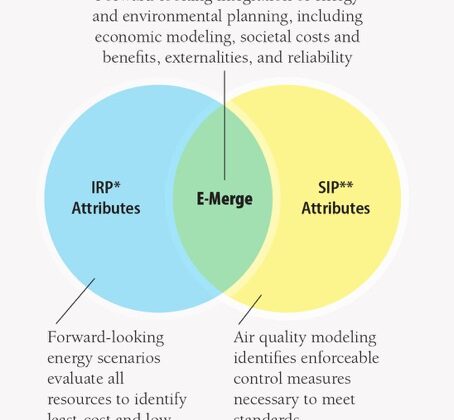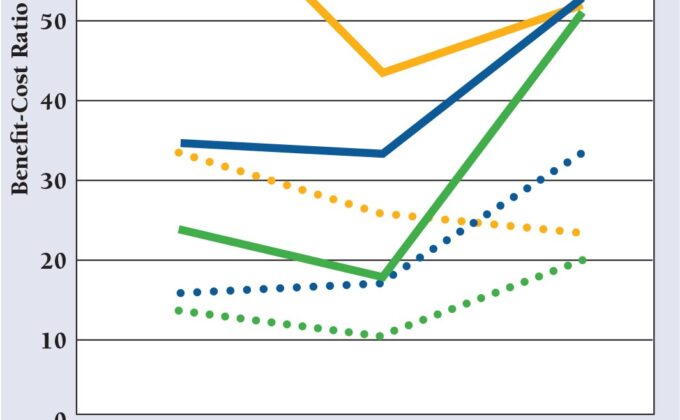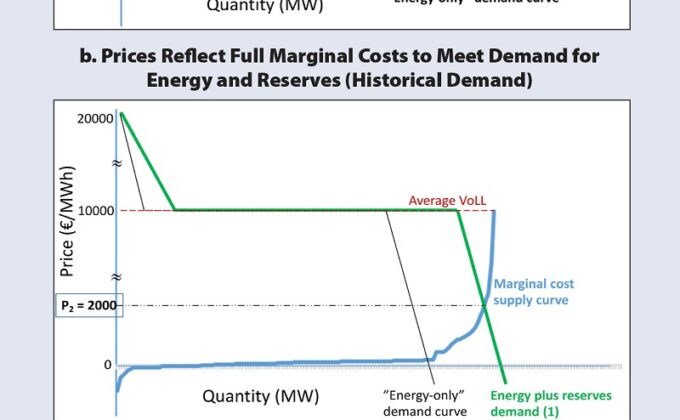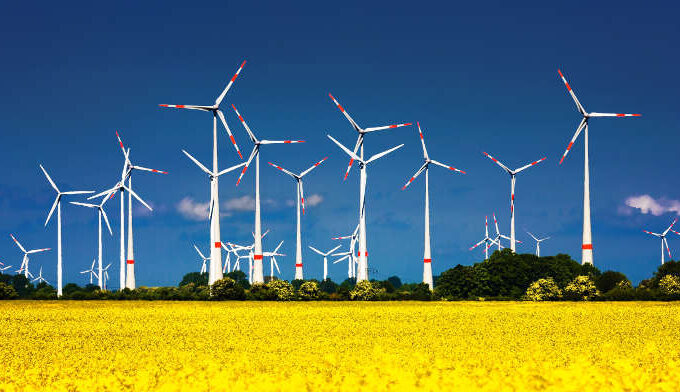
Blog
Incisive commentary from RAP experts
RAP experts keep their finger on the pulse of the energy sector and provide timely analysis of topics impacting stakeholders TODAY.
Filter >>
Content Filter:
November 3, 2016
Retooling Regulation: a Closer Look at Integrating Energy and Environmental Policy
- Christopher James ,
- Ken Colburn
Part one of this series described why it is increasingly necessary to integrate energy and environmental planning and introduced one way to do so, the E-Merge approach. Improvements in public health science, detection technologies, and modeling over the last… View Summary +

October 28, 2016
Germany Adopts “Efficiency First” Principle – Let’s Work to Make it a Reality
The German government recently published its Green Paper on Energy Efficiency and launched a consultation process inviting comments on the ideas put forward in the green book. RAP’s detailed response provides evidence and examples of the essential role that… View Summary +
October 12, 2016
Transparenzanforderungen der Energiewende
Im Fokus der weiteren Reform des europäischen Energiemarktes sollen nach dem Willen der Europäischen Kommission, des Europäischen Rates und des EU-Parlaments die Haushalte und Geschäftskunden stehen. Der gemeinsame EU-Strommarkt mit den gekoppelten nationalen Strommärkten erspart den Verbrauchern in der EU… View Summary +

October 6, 2016
Why the UK will Miss its Climate Targets Without a Step-Change in Building Energy Efficiency
- Jan Rosenow ,
- Pedro Guertler
The last 18 months have been a major set-back in the British policy landscape affecting carbon emissions from buildings: the trajectory to zero carbon new build has been paused; government support for Green Deal finance was withdrawn with no alternative… View Summary +
October 5, 2016
Delivering the Benefits of Customer Participation in the Energy Market
- Philip Baker
Europe’s new energy project promises to put a focus on consumer interests, yet what this new market would look like in practice is often poorly understood. As the European Commission ponders the design of a new and interconnected energy market… View Summary +

October 5, 2016
Wholesale Electricity Markets and Pricing in China: How is Reform Going?
Implementation of wholesale electricity markets is a major theme of China’s power sector reform effort, launched in early 2015. The central government has issued guidance documents on market design, and various Chinese provinces and regions have announced pilots for wholesale… View Summary +
September 23, 2016
欧洲的电力市场是否具有充足的竞争性?欧洲需要加强市场监督机构的能力建设
设计和实施竞争性的电力批发市场并不容易。即使是对电力市场拥有长期经验的欧洲,仍然需要解决很多问题。大规模发展可再生能源的目标,在欧洲政策者起初转向自由电力市场的时候几乎还不存在,而现在已成为新的挑战。 欧盟对能源未来的愿景中,包括了建立对新的市场参与者开放的具有高度竞争性的电力市场。这对于支持大量灵活性资源和实现可再生能源并网的目标非常重要。然而,电力批发市场易受到不充分竞争和市场操纵的影响。事实上,电力市场比其他行业更易受影响的主要原因在于储电的局限性和对电网拥堵的敏感性。欧洲的一些地区努力确保电力市场拥有充足的竞争性,然而,还有大约一半的成员国,他们最大发电公司所占的市场比率大于百分之五十,这说明存在着明显的市场操纵和滥用市场权利的情况,可能会为电力消费者带来昂贵的成本。 从90年代后期开始,欧盟开始朝着搭建和谐的电力行业结构努力,并开始为建立欧盟范围的内部电力市场打下基础。欧盟指令要求所有成员国建立竞争性电力批发市场,开放电力零售行业竞争并放开零售电价,打开发电、输电、配电各环节,确保非歧视的发电调度,并通过设置独立系统运营商提供非歧视第三方电网管理和运营,采用市场机制分配互联电网的容量,并建立专注于能源行业的独立监管机构。许多成员国都完成了大部分甚至全部的要求,取得了很大的进步。然而,欧盟电力市场仍有待改进,在电力批发和零售市场的竞争度、市场设计及其功能、各环节独立的程度和非歧视性、政府参与度、以及监管者的独立性和作用这几个方面,各个成员国仍存在巨大的差别。… View Summary +
September 19, 2016
Energy Prices, Not Capacity Mechanisms, are Key to Ensuring Reliability at the Lowest Cost
Electricity generators often claim that prices cannot fully reflect the value of the reliability they offer the market. Hence they insist they need separate capacity payments to justify investments. But according to Mike Hogan, the current energy market design is… View Summary +

September 15, 2016
Is It Time to Retool Regulation for Clean Air, Clean Energy?
- Ken Colburn ,
- Christopher James
Looking at the electric power industry today brings to mind the well-known April 1970 dispatch from Apollo 13: “Houston, we have a problem.” Actually, we have several. Prominent among them is the growing permeation of environmental issues into energy… View Summary +

August 18, 2016
从电力规划看煤电产能过剩和可再生能源弃电的问题
最近几个月,中国政府为解决可再生能源弃电和煤电机组投资过度双重挑战颁布了一系列政策。特别是国家发改委,国家能源局《关于做好风电、光伏发电全额保障性收购管理工作的通知》(发改能源【2016】1150号)和《关于促进我国煤电有序发展的通知》(发改能源【2016】565号)。这些政策可能在近期会取得一些实质性的进展,然而它们并没有涉及到背后更深层次的问题,即增加系统灵活性的需求,改革对发电商的补偿机制,而是依赖于一些固化的手段:保障风电和太阳能光伏发电的年运行小时数,以及暂缓建设和批准电力盈余省份的煤电项目。 与此同时,国家能源局六月份发布了《电力规划管理办法》,这可能最终会对改善可再生能源并网和减少煤电过度投资起到更重要的作用。这个文件为制定更好的电力行业规划建立了框架,承诺要从以满足快速电力需求增长为首要目标的模式向更复杂地权衡多目标的发展模式转变,包括支持可再生能源发展,实现电力系统安全可靠、经济合理、清洁环保等。… View Summary +
